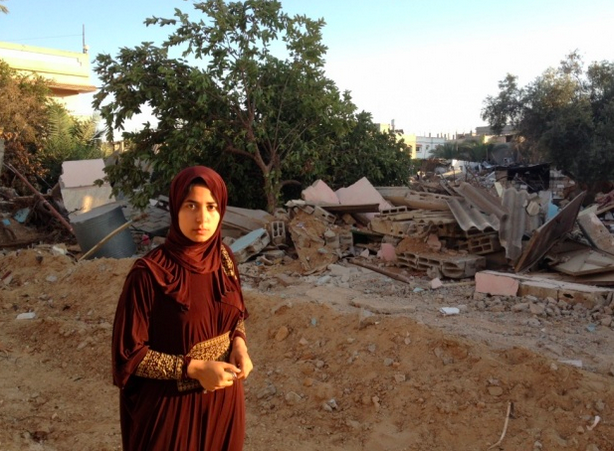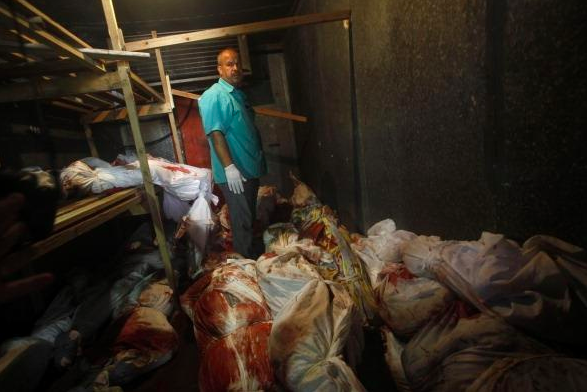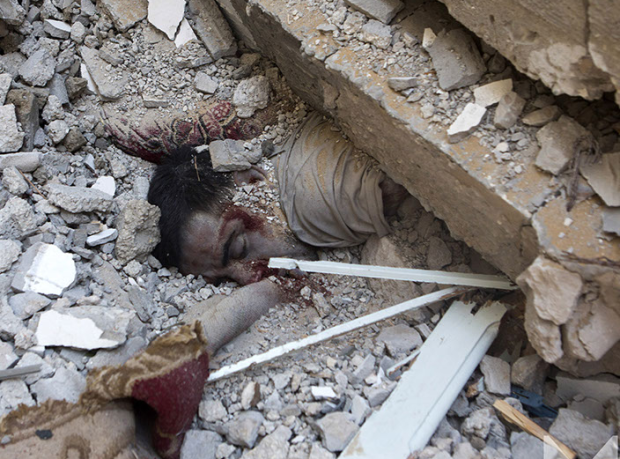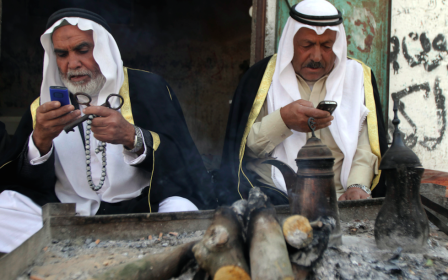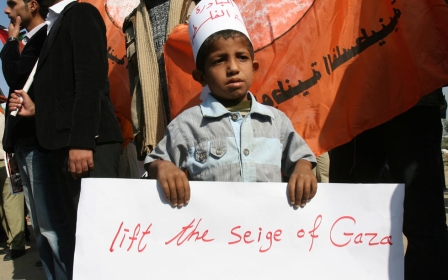EDITORS' PICK: MEE coverage of the 51-day Gaza war

A year ago today, the people of Gaza and Israel woke to the news that a new war had begun. Over the course of the following 51 days, much of Gaza was levelled with more than 2,200 Palestinians being killed or subsequently dying of their injuries.
On the Israeli side, 66 soldiers and six civilians were also killed with Hamas rockets penetrating further north than ever before.
While the close of hostilities brought big hopes that a lasting ceasefire would be penned and the Israeli blockade of Gaza eased or ended, no such détente has officially emerged. A UN report released last month said that more than 100,000 Gazans are still homeless and that 39 percent of the strip’s 1.8 million inhabitants live below the poverty line.
To mark the start of the war, MEE looks back at the some of our best coverage.
'Please don't shoot me': Evidence of a summary execution in Gaza
By Mohammed Omer - 10 August, 2014
Shocking testimonials emerged from a family in Khuza'a who insist that an Israeli soldier shot their relative point blank as he waved a white flag, tried to negotiate the exit of women and children from their homes.
To view the original story in full click here.
Israeli airstrikes destroy towering Gaza City apartment complex, sending families fleeing
By MEE staff - 25 August, 2014
The moving video looks at rare footage of a large-scale apartment block in Gaza City being hit and quickly collapsing. MEE talked to survivors, neighbours as well as friends and family of those killed or made destitute in the blast.
To view the original story in full click here.
Butchery in Rafah. The dead are kept in vegetable refrigerators
By Mohammed Omer - 2 August, 2014
Following a bout of particularly heavy Israeli bombing over Rafah in southern Gaza, local vegetable sellers and farmers were forced to keep the bodies of dead men, women and children in their refrigerators with the local hospitals either having to close or running out of space. MEE visited their homes to talk about the shocking realities of war.
To view the original story in full click here.
The empty streets of Israel's Sderot
By Brenda Stoter and Andrea DiCenzo – 9 July, 2014
MEE visited Sderot in southern Israel at the start of the war to find the streets largely deserted. Many people seemed scared for their homes and their safety, while others would venture to the hills to observe Israeli missiles pound Gaza mere kilometres away.
"It's not easy to live here. Not a day goes by that I don't think about what might happen to us. I think the Palestinians in Gaza feel the same way. They are poor, cannot get out of the area and are living under the rule of radicals,'' a local Israeli resident Chen told MEE.
To view the original story in full click here.
'Streets were full of martyrs' in Gaza's Shejaiya
By Ala Qandil – 20 July, 2014
Shejaiya, an eastern suburb of Gaza city, played witness to some of the heaviest shelling since the beginning of the Israeli offensive. Those who escaped talked about “massacre” and "streets full of martyrs".
"We went to UNRWA schools, but they are full, they closed the gate, so we went to Shifa [hospital], but there was no place for us neither," a family of seven wandering in the streets of Gaza in search of shelter told MEE.
To view the original story in full click here.
Middle East Eye propose une couverture et une analyse indépendantes et incomparables du Moyen-Orient, de l’Afrique du Nord et d’autres régions du monde. Pour en savoir plus sur la reprise de ce contenu et les frais qui s’appliquent, veuillez remplir ce formulaire [en anglais]. Pour en savoir plus sur MEE, cliquez ici [en anglais].


